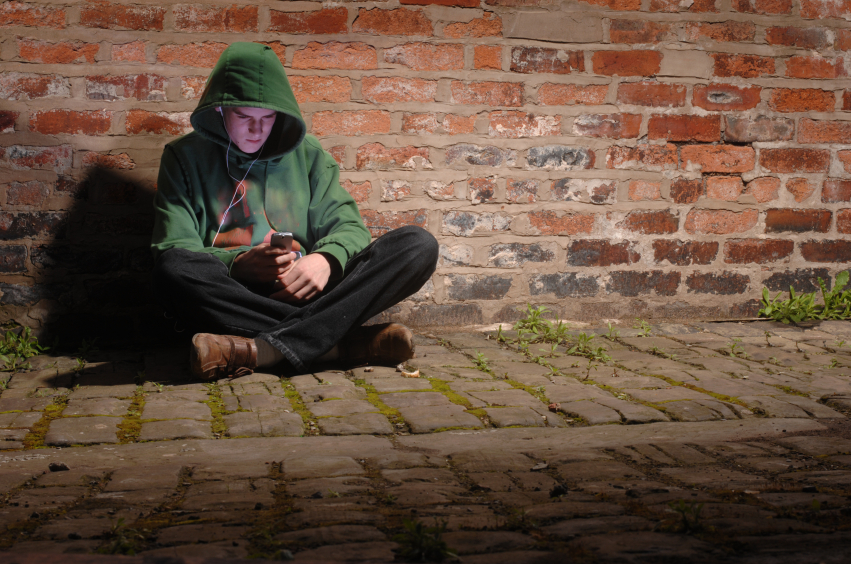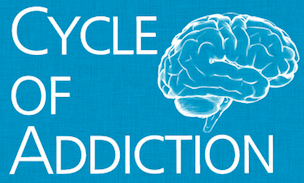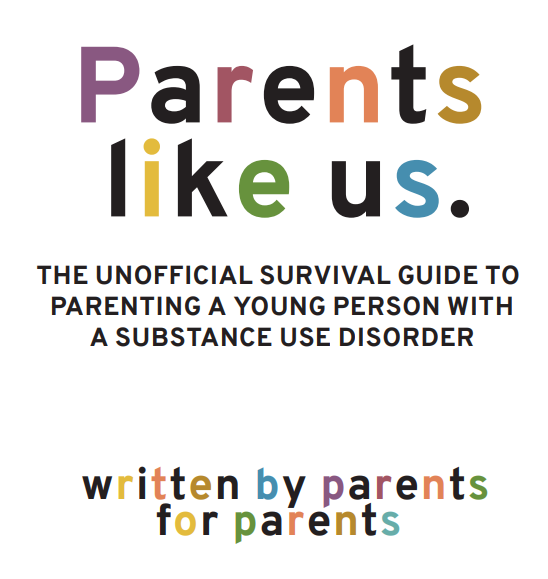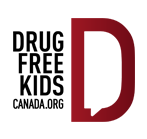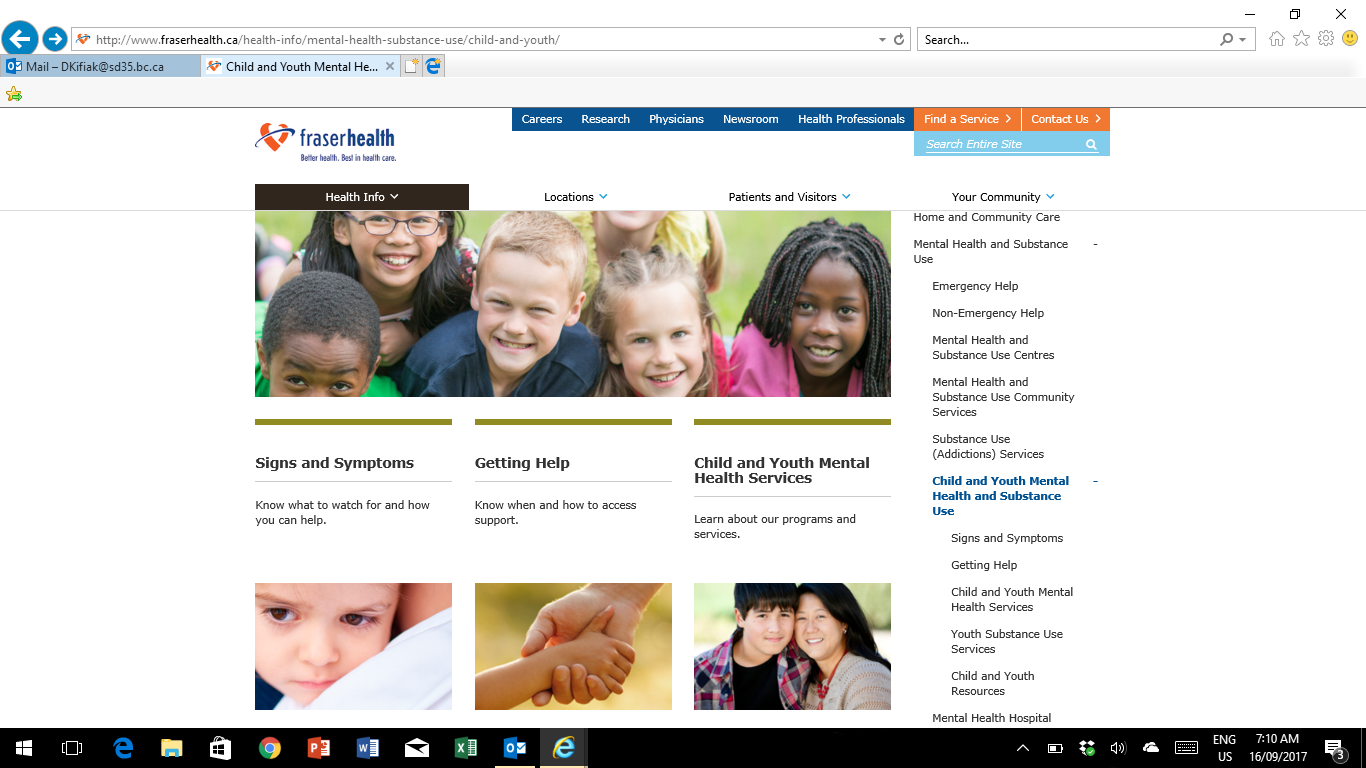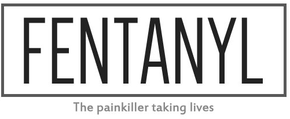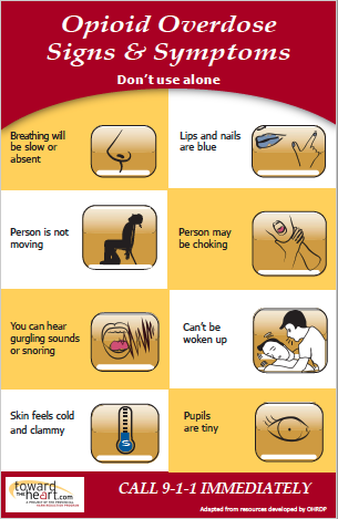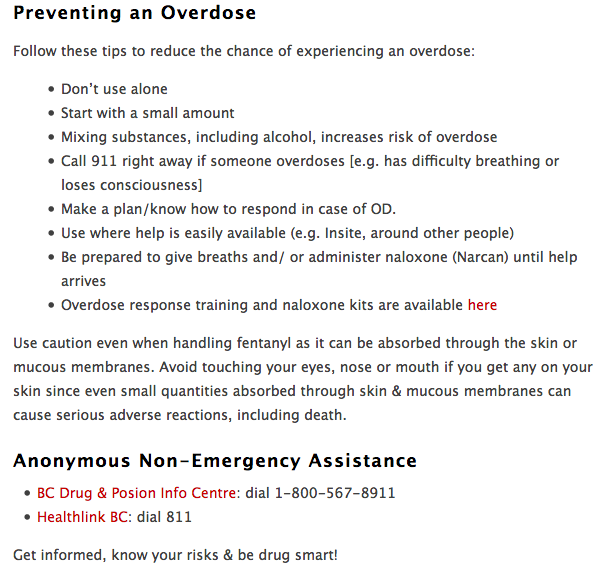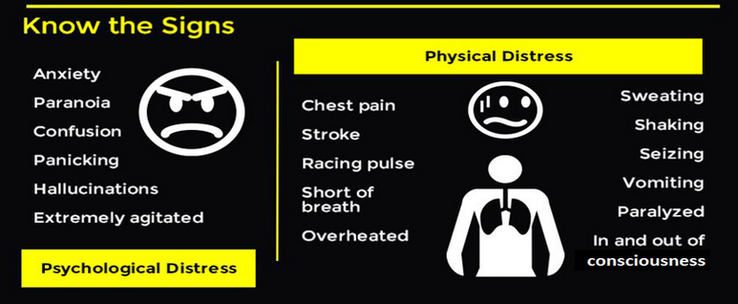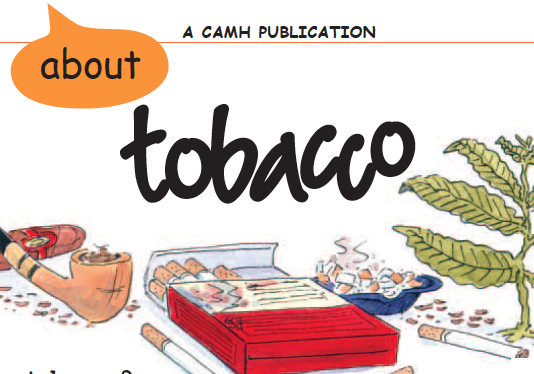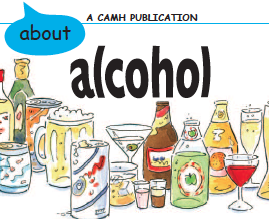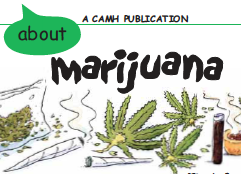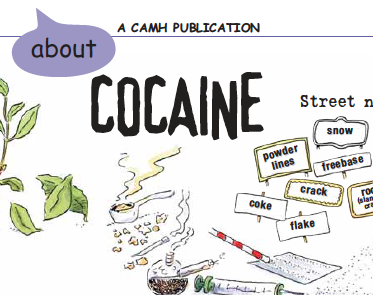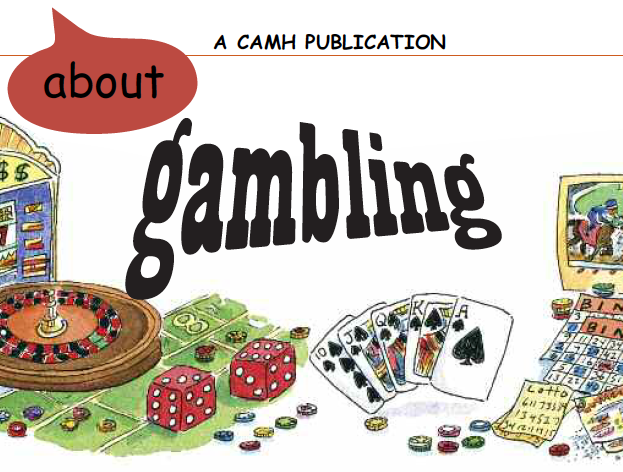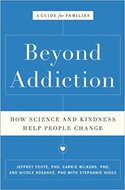Reliable Resources and Support for dealing with Addiction
Whether it is substance abuse, problems with use of technology, gambling, etc. Common Traits are shared with all these types of addictions.
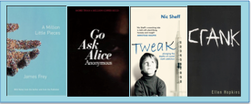
Resources from the
WGSS Libr@ry For more books, please view Addiction Resource list available through the library catalogue or come in and ask the Library Staff. wgsslibrary.ca (catalogue access on homepage) |
The addicted brain is chemically and physiologically different from the normal brain. Addiction is obsessive thinking and a compulsive need for alcohol, drugs, food, sex, gaming, etc., despite the negative consequences. Addiction includes development of tolerance, withdrawal symptoms, physical cravings and obsession.
Source: http://www.recoveryconnection.org/cycle-of-addiction How Addiction Starts { Misuse > Abuse > Addicition
Published on May 5, 2016
Mark's story - how it feels to be a teenager in a digital world and the dangers of game addiction. How he realised he had a problem and how, with the right help, he overcame that problem. 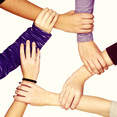
Healthy Coping Skills
Coping skills won't solve our underlying issues, but they are an important step along the path to, prevention of, or, recovery from, addiction. Coping skills help us to survive difficult emotions, thoughts and experiences. They give us a break from our pain, which in turn gives us space to build our personal skills, strengths and resources. Coping skills are an important way that we can keep ourselves safe. This link to the coping skills worksheet is based on what has helped many people get through difficult times, and as well as the wise advice learned from others. It has been downloaded by thousands of people over recent years. http://www.indigodaya.com/resources/ Local Support
WGSS Youth Worker - Room 121 WGSS Counsellors - drop by and make an appointment Langley Community Services Society -> 604-534-7921 If you are affected by someone else's addiction, here is where you can go for support:
Alateen is a program for your adults who are affected by someone drinking Nar-anon is a program for families and friends of addicts Phone: (604) 878 8844 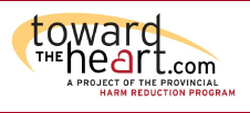
For information on Fentanyl and Fentanyl overdose symtptoms as well as information on Naloxone, click on the link to the right.
If an overdose is suspected, call 911 immediately.
Explain that you have a medical emergency [i.e. person is not responsive & not breathing]. |

